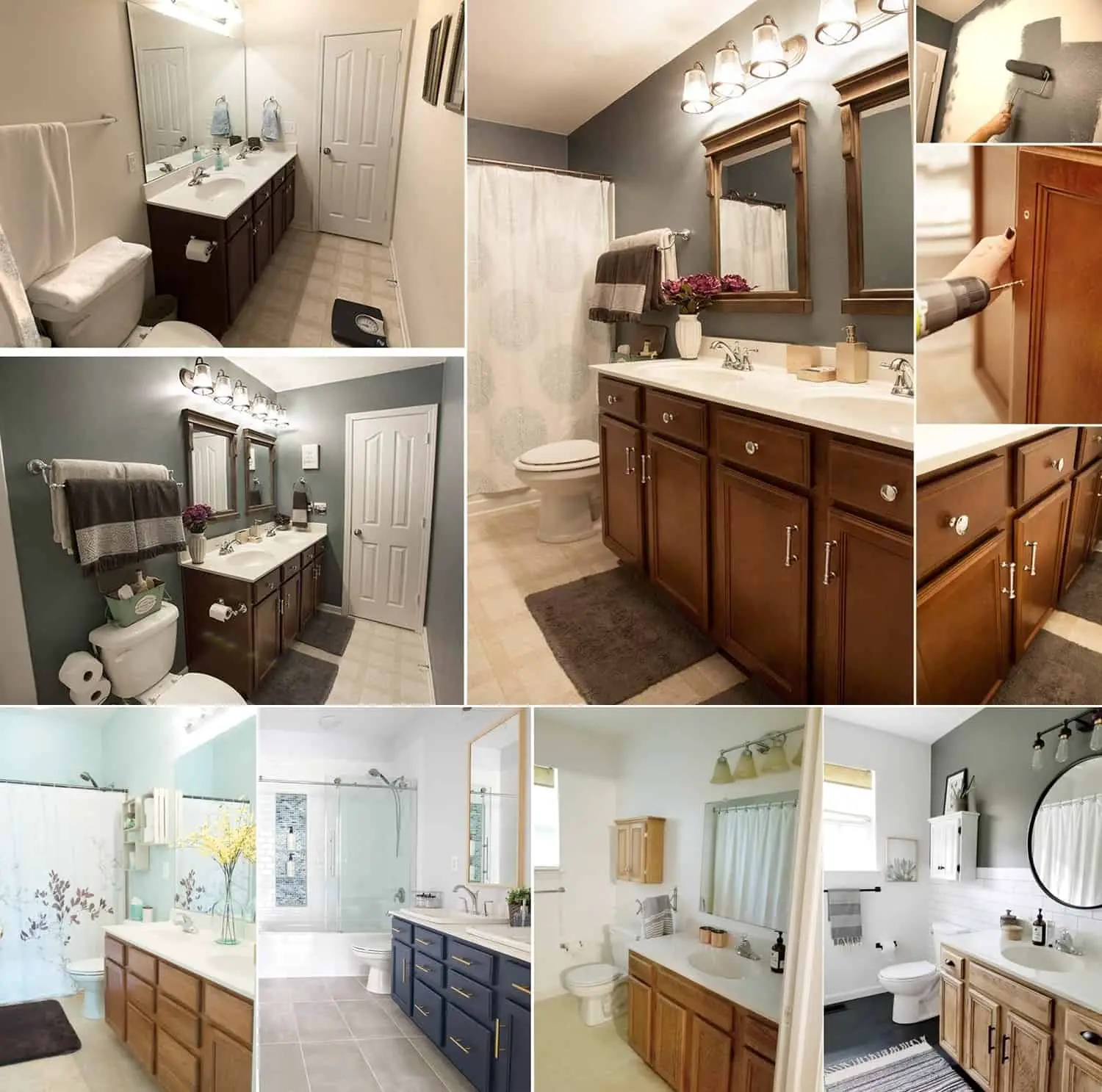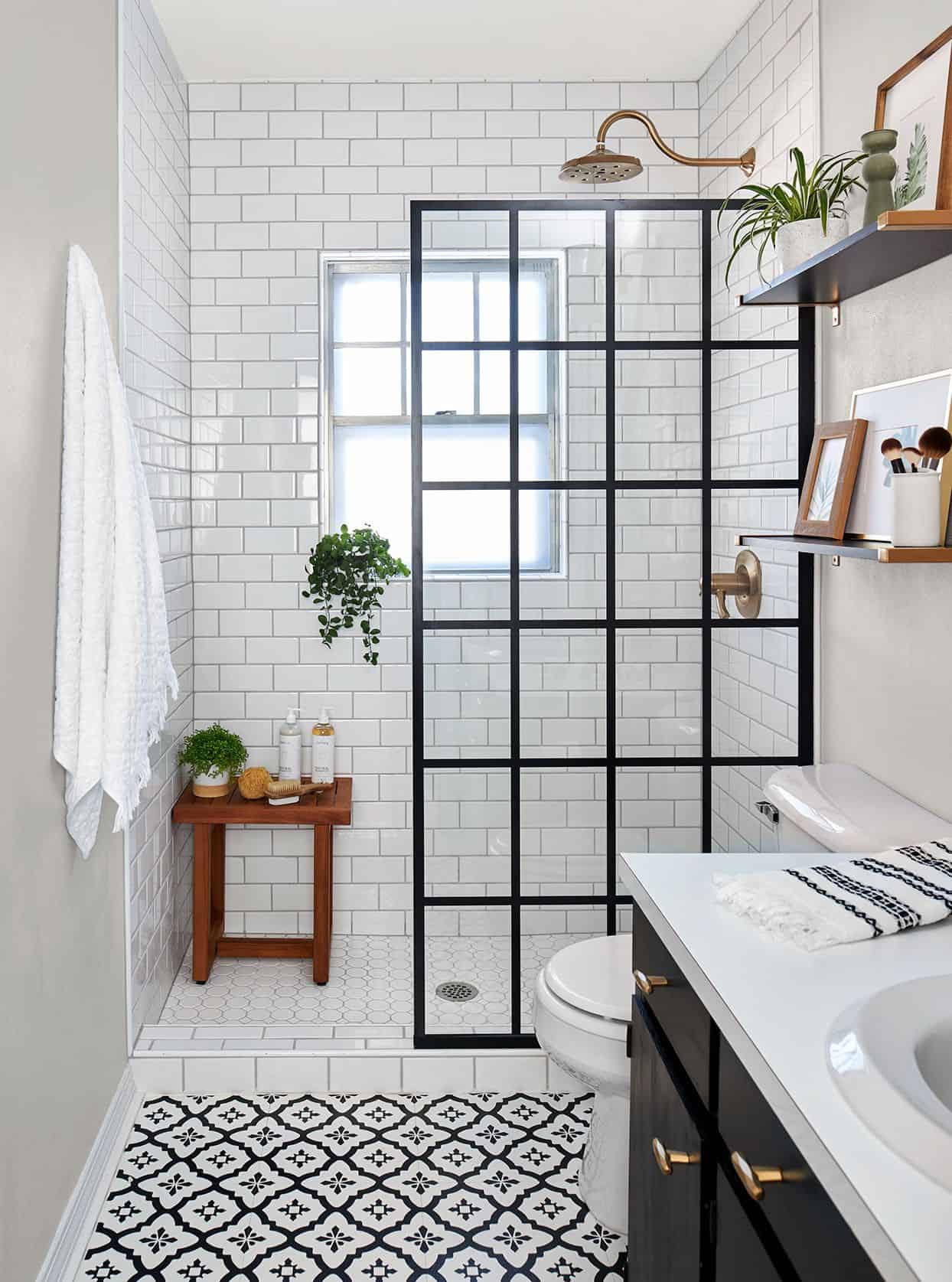bathroom renovations diy
Bathroom Renovations: A DIY Guide
Bathrooms are one of the most important rooms in our homes. They're where we start and end our days, and they're often where we relax and unwind. If your bathroom is in need of a makeover, you may be considering a DIY renovation. While it's a big project, it's definitely doable if you're prepared and have the right tools and materials.
In this article, we'll walk you through the process of a bathroom renovation, from start to finish. We'll cover everything from planning and budgeting to demolition and installation. We'll also provide tips and tricks to help you make your renovation a success.
1. Planning and Budgeting
The first step in any renovation project is planning. This includes taking measurements of your bathroom, drawing up a floor plan, and creating a budget.
Taking measurements
The first thing you need to do is take measurements of your bathroom. This will help you determine how much material you need to buy and what size fixtures and cabinets you can fit.
To take measurements, you'll need a tape measure, a pencil, and paper. Start by measuring the length and width of your bathroom. Then, measure the height of the walls, the ceiling, and the doorway. You'll also need to measure the distance between the plumbing fixtures.
Drawing a floor plan
Once you have your measurements, you can draw a floor plan of your bathroom. This will help you visualize the layout of your new bathroom and make sure that everything fits.
To draw a floor plan, you can use a piece of graph paper or a computer program. Start by drawing the outline of your bathroom. Then, add the plumbing fixtures, windows, and doors. You can also add notes about the size of the fixtures and cabinets you want to use.
Creating a budget
The next step is to create a budget for your renovation. This will help you stay on track and avoid overspending.
To create a budget, you need to estimate the cost of all the materials and labor you'll need. You can find the cost of materials online or at your local hardware store. For labor, you can either hire a contractor or do the work yourself.
Once you have an estimate of the total cost, you can start to make decisions about what you can and can't afford. You may need to adjust your floor plan or choose less expensive materials in order to stay within your budget.

2. Demolition and Preparation
Once you've finished planning and budgeting, you can start the demolition phase of your renovation. This involves removing the old fixtures, cabinets, and flooring.
Removing the old fixtures

The first step is to remove the old fixtures. This includes the sink, toilet, bathtub, shower, and any other fixtures. To remove a fixture, you'll need to turn off the water supply and drain the water from the pipes. Then, you can use a wrench to disconnect the pipes from the fixture. Finally, you can remove the fixture from the wall or floor.
Removing the old cabinets
If you're replacing the cabinets in your bathroom, you'll need to remove the old cabinets first. To do this, you'll need to remove the doors and drawers. Then, you can use a pry bar to pry the cabinets off the wall.
/GettyImages-155017605-5c6625ea46e0fb00015e7889.jpg)
Removing the old flooring
The last step is to remove the old flooring. If you have tile flooring, you can use a hammer and chisel to break up the tiles. If you have carpeting, you can simply pull it up.
Once you've removed all of the old fixtures, cabinets, and flooring, you can start preparing the bathroom for the new renovation. This involves cleaning the walls and floors and repairing any damage.

Cleaning the walls and floors
The first step is to clean the walls and floors. You can use a mild detergent and water to clean the walls. For the floors, you can use a mop or a floor scrubber.
Repairing any damage

If there is any damage to the walls or floors, you'll need to repair it before you can move on to the next step. This could include patching holes in the walls, replacing cracked tiles, or fixing a leaking faucet.
3. Installation
Once the bathroom is prepared, you can start installing the new fixtures, cabinets, and flooring.

Installing the new fixtures
The first step is to install the new fixtures. This includes the sink, toilet, bathtub, shower, and any other fixtures. To install a fixture, you'll need to follow the manufacturer's instructions.
Installing the new cabinets
If you're

